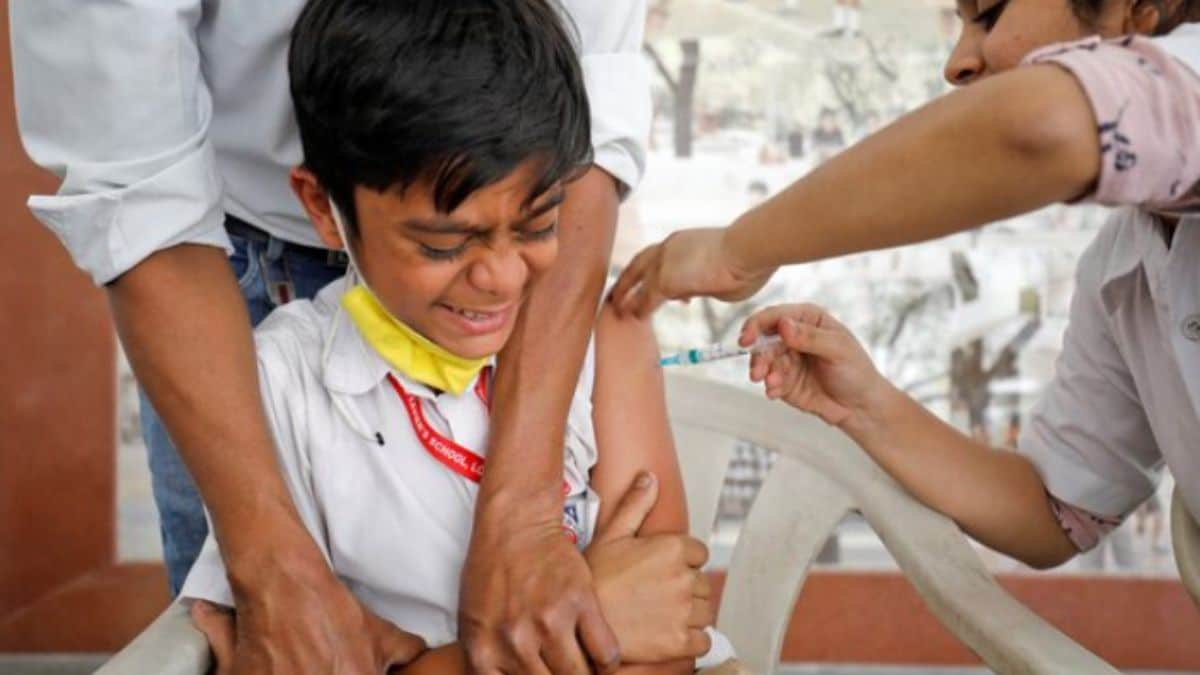India’s International Health Regulations informed WHO about the case on May 22 saying that the patient was infected by the avian influenza virus in West Bengal read more
)
Representative image. Reuters
A case of human infection with bird flu caused by the H9N2 virus was reported in May in West Bengal, the first in India since 2019, the World Health Organisation has said.
India’s International Health Regulations informed WHO about the case on May 22 saying that the patient was infected by the avian influenza virus in West Bengal.
With cases of aviation flu on the rise across the world, health officials have sounded alarm bells and have asked people to stay vigilant.
What happened to the patient?
The patient, a four-year-old child, was admitted to the pediatric intensive care unit (ICU) of a local hospital due to persistent severe respiratory issues, high fever and abdominal cramps in February, and was discharged three months later after diagnosis and treatment.
He was exposed to poultry in his house and surroundings leading to the infection. However, no one else from his family reported any symptoms of bird flu infection.
The patient was discharged from the hospital after three months of treatment.
Rise of bird flu cases
While cases of avian influenza have already affected birds and poultry in India and other countries alike, reports of the H2N2 virus affecting humans have caused concern among health officials.
In India, for example, the centre issued an advisory to four states earlier this month after they reported a rise in deaths among domesticated animals owing to the outbreak of the H5N1 virus, another strain of bird flu.
Meanwhile, in the US, dozens of cows were either killed or slaughtered in states like Colorado, Ohio, Michigan, South Carolina and Texas after they were infected with bird flu.
The first case of H2N2 virus in a human was found in Mexico where a man reported severe respiratory symptoms, eventually leading to his death in April 2024.

 4 months ago
21
4 months ago
21

















)
)
)
)
)
)
)
 English (US) ·
English (US) ·